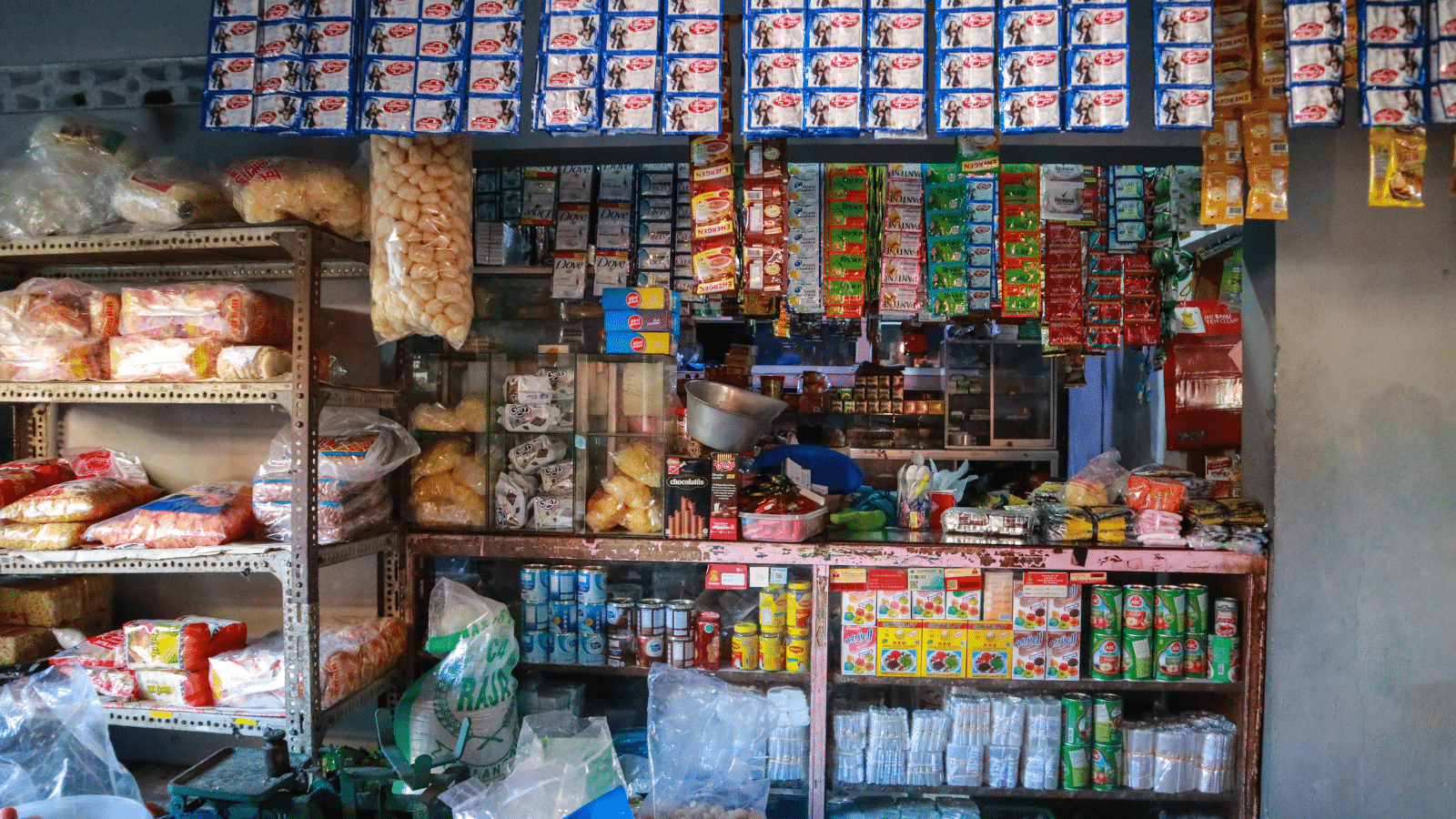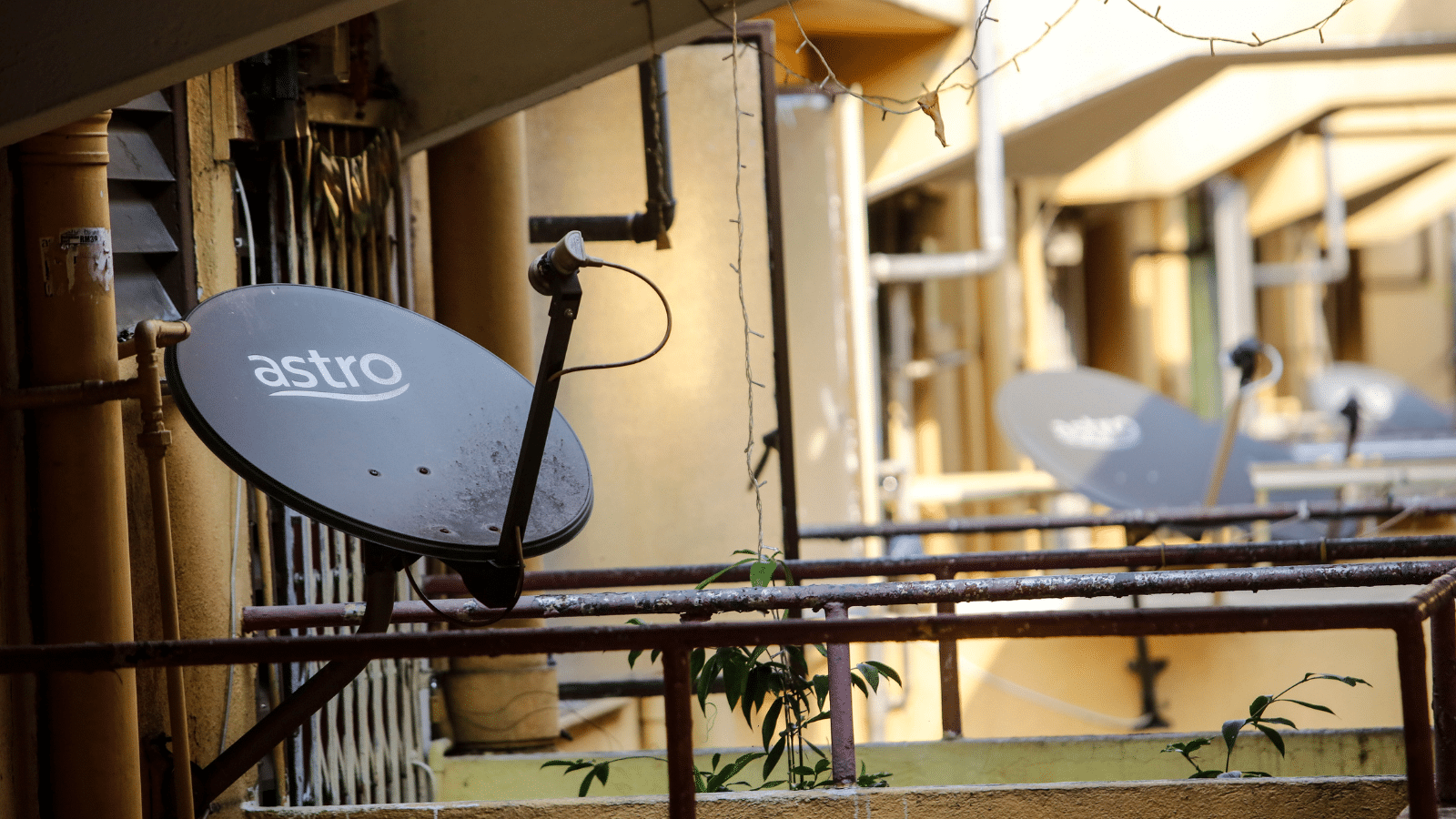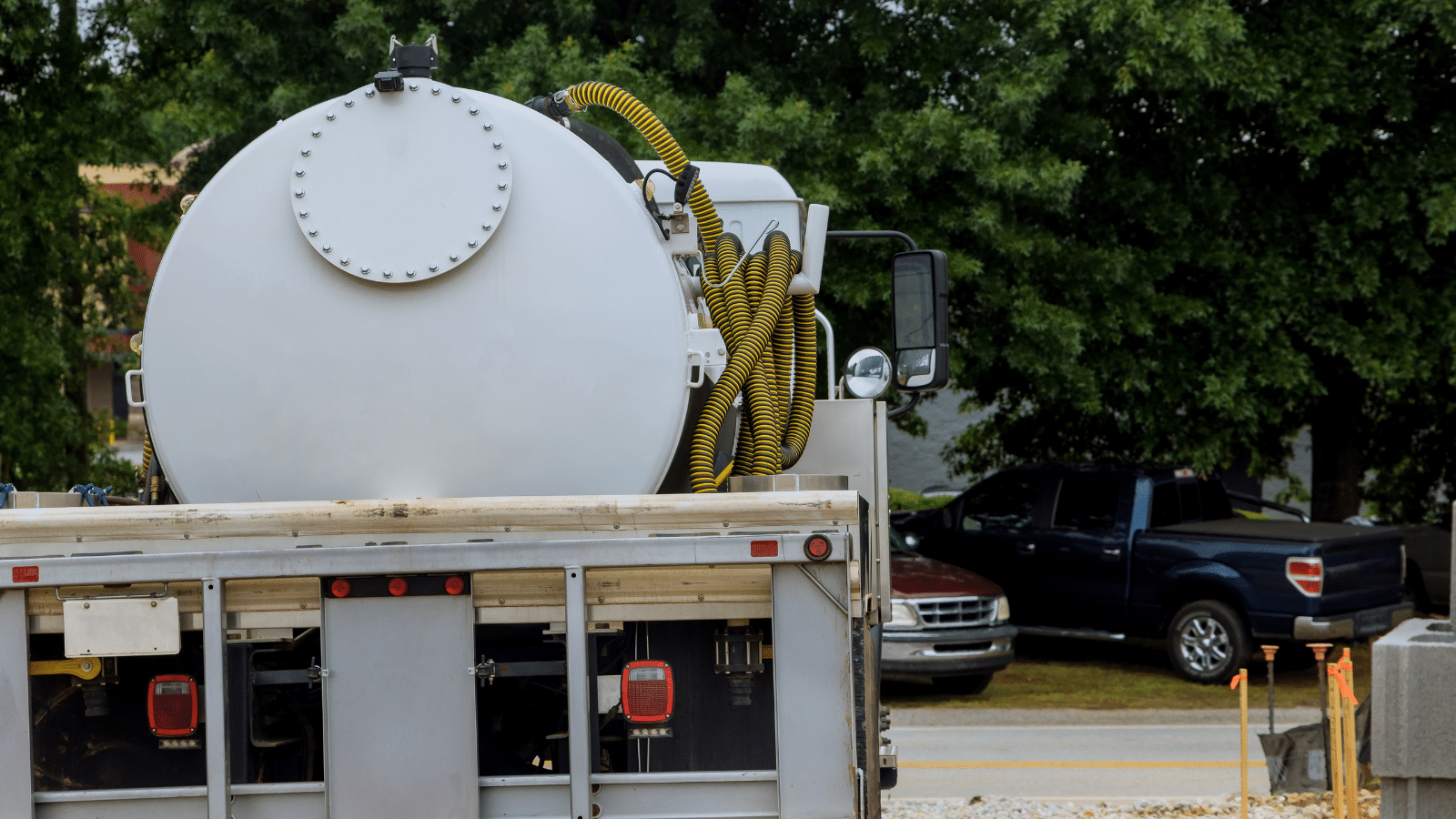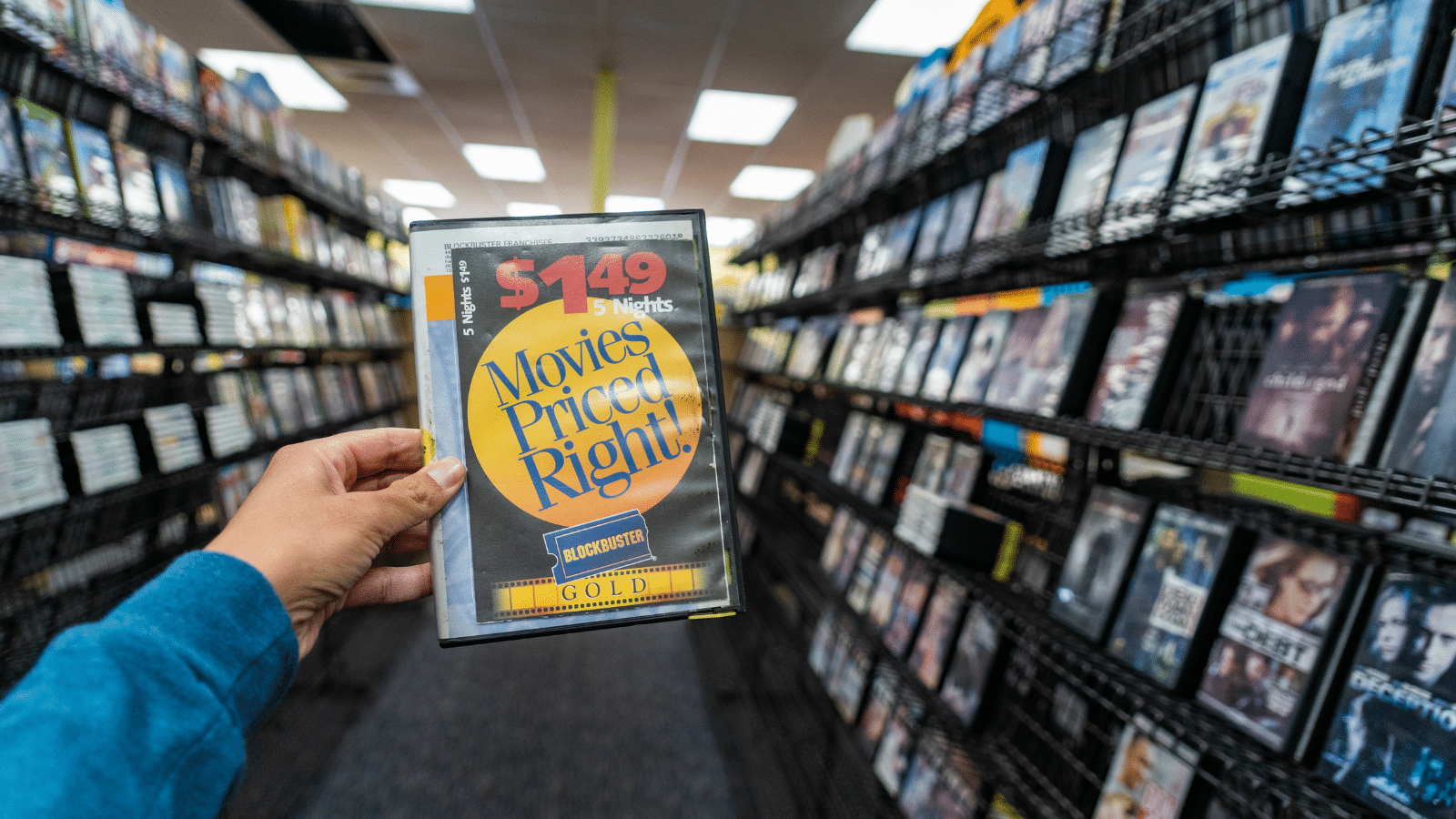Many current businesses across the world are managing. However, there have also been many businesses from the past that couldn’t make it, and the same will go for the future. Some industries just won’t be able to cope with the constant evolution. Technology is constantly advancing, and the preferences of consumers change, which causes a significant challenge for major sectors. We have compiled a list of industries that either have to learn to adapt or face the potential of going out of business.
Print Advertising

Due to the digital inclination, there could be a problem for the future of print advertising. More businesses are changing their advertising budgets to be mainly digital. This means print publications such as magazines and newspapers need help maintaining ad revenue. Properly targeting specific audiences, cost-efficiency, and measuring campaign effectiveness through online advertising are much more appealing to businesses. Print advertising must reinvent itself or be forgotten in the shadows.
Traditional Retail

With the rise of online shopping and the preferences of consumers changing, traditional retailers need help. It’s hard for retailers to compete with the online world of fashion and homeware, and many bigger retailers are facing store closures due to financial hardships. Even though some have embraced the digital life, many remain offline, which means that online retailers dominate the market.
Traditional Cable Television Providers

With the neverending supply of TV shows and movies on streaming services such as Paramount, Netflix, Disney+, and Amazon Prime, Traditional Cable Television Providers are finding it difficult to compete. There is flexibility and convenience with streaming, and you’re able to use them anytime, anywhere. However, cable TV providers are finding it hard to keep their customers as streaming continues to rise.
Oil and Gas

The oil and gas industry has a lot of pressure being put on them now with the need to address climate change and reduce greenhouse gas emissions. Growing environmental concerns, renewable energy sources, and government regulations have made gas and oil-less desirable. There is also a massive spike in the sale of electric vehicles. So, there is a potential for an industry-wide disruption, mainly because of the advances in solar and wind energy and a push for sustainability.
Taxi Services

Ride-hailing services like Lyft and Uber have massively overpowered the traditional taxi industry. Not only do they have ride-hailing benefits, but they also provide user-friendly apps, driver ratings, and competitive pricing. There is no reason for anyone to use a traditional taxi when you’re offered something that good. It will become more difficult for taxi companies to compete when they still rely on conventional dispatch systems and out-of-date technology. If they don’t adapt to the changing landscape and innovative strategies, they might not make it to 2030.
Travel Agencies

With everything moving online and in apps, there won’t be much need for travel agent stores to remain open. Everything online is convenient, easy to use, and easy to access, with all the information at your fingertips. You can easily book flights and accommodations with little to no trouble. All of this has made it difficult for travel agencies to compete, and with the rise in technology, they need to start planning ahead to prevent them from being closed by 2030.
Brick-and-Mortar Banks

There is an increase in online banking and a rise in fintech startups, meaning brick-and-mortar banks need help to keep their heads afloat. Online banking is convenient for people of all ages, and with digital wallets and mobile payment apps, there’s no need to step foot into a bank anymore unless you’re paying money. However, ultimately, there could be potential closures in the future.
DVD and Video Rental Stores

With the rising use of streaming services, going into a DVD or Video rental store sends shivers up our spine. You can get everything you want and need regarding TV anytime, and they’re straightforward to use on every device. There has been a massive decline in the sale of DVDs, leading to the closure of many stores that we once loved. There will come a time when none of these stores will exist.
Traditional Car Dealerships

Due to the convenience and accessibility of online car shopping, traditional car dealerships are struggling massively. There is a wealth of information online that is easy to find, and it allows customers to find out what they need to know about specific cars, compare prices, and even go as far as purchasing the vehicle. All of this can be done from the comfort of one’s home. There is a significant threat to traditional car dealerships because of the subscription-based vehicle service, growth in online car marketplaces, and direct-to-consumer sales. Unless they broaden their imagination quickly, they will not need to be around.
Traditional Telecommunications

Mainly used via landline telephones and cable TV services, the traditional telecommunications industry is going down the drain quickly. Digital alternatives include internet-based communication tools, Voice over Internet Protocol (VoIP) services, and streaming platforms. All of these are slowly replacing traditional landlines and cable TV subscriptions because it is more flexible and cost-effective to use digital services.
Traditional TV Networks

As there is a rise in streaming services and on-demand content consumed, there is less use of traditional television networks. Viewers are more likely to turn to streaming platforms like Disney+, Netflix, and Amazon Prime Video than they are conventional TV networks. This means that they are ultimately losing out on viewership and advertising revenue. Consumers can view massive content anytime, making satellite TV subscriptions and cable-less appealing.
21 Things That Shout You’re “Lower Class” According To Men

Class wars creep up in all aspects of life, including dating. We take a look at the things that men believe are telltale signs that you are lower class.
21 Things That Shout You’re “Lower Class” According To Men
Boomer Zoomers vs. Millennial Meh: 10 Cars the Older Gen Loves but Millennials Just Can’t Stand

The change in the automotive industry has been incredible over the year. Baby boomers born between 1946 and 1964 can’t get enough of the cars listed below, as muscle cars emerged in the 1960s, and new technologies appeared in the 1970s and 1980s. You can imagine why boomers genuinely appreciate these vehicles.
Boomer Zoomers vs. Millennial Meh: 10 Cars the Older Gen Loves but Millennials Just Can’t Stand
Across the Pond Disdain: 18 Horrendous American Habits Foreigners Just Can’t Stomach

There is a lot to love about America, from the bright lights of New York to the incredible breakfasts, but foreigners also dislike many things. We look at everything from poor public transport to an intimidating tip culture, sharing 18 things that America could be better at.
Across the Pond Disdain: 18 Horrendous American Habits Foreigners Just Can’t Stomach
Out with the Old: 18 Gen X Fads That Millennials and Gen Z Just Can’t Vibe With

While some old habits die hard, there are some things that Gen X need to eliminate as they are no longer relevant.
Out with the Old: 18 Gen X Fads That Millennials and Gen Z Just Can’t Vibe With
18 Unpleasant States You Might Want to Skip on Your Next Trip

When thinking of America, we don’t expect there to be boring or unpleasant places to visit. We see all the different states on the TV, and they show the best parts. However, there are some states you won’t want to visit, and you should brace yourselves if you ever happen to stumble into them.
18 Unpleasant States You Might Want to Skip on Your Next Trip






